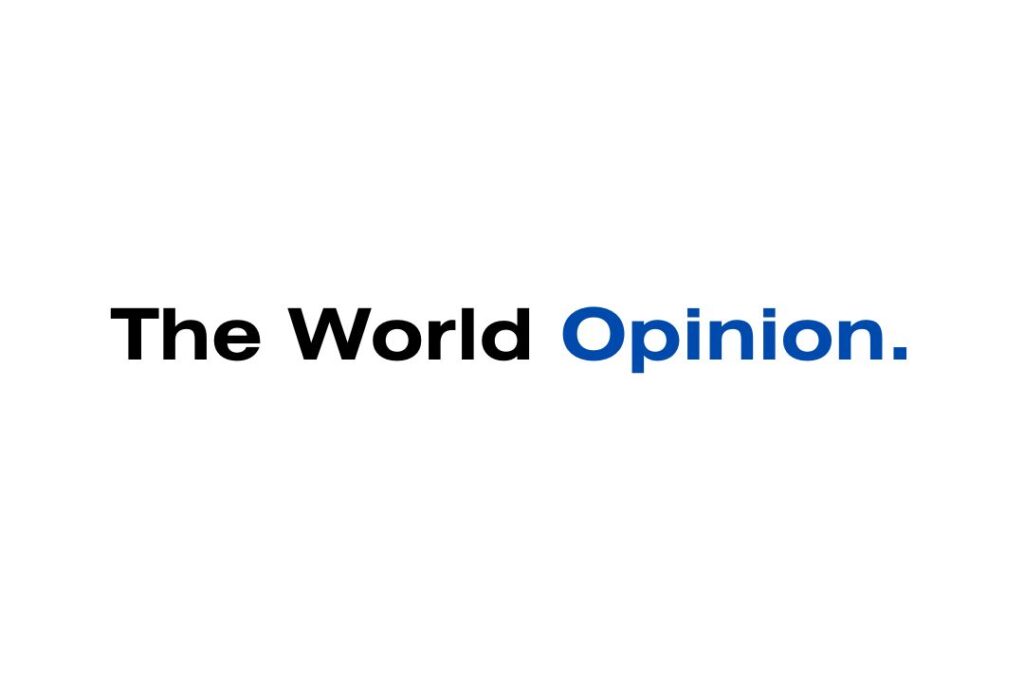Morsa Pictures | Digitalvision | Getty Pictures
Employees and corporations see advantages of far flung paintings
In 2019, about 5% of full-time paintings was once performed from domestic. The proportion ballooned to greater than 60% in April and Might 2020, within the early days of the Covid-19 pandemic, mentioned Nicholas Bloom, an economist at Stanford College who has researched far flung paintings for twenty years.
That is the an identical to nearly 40 years of pre-pandemic expansion just about in a single day, his analysis displays.
The proportion of far flung paintings has ceaselessly declined (to about 27% lately) however is prone to stabilize round 25% — a fivefold build up relative to 2019, Bloom mentioned.
“That is large,” he mentioned. “It is virtually inconceivable to seek out the rest in economics that adjustments at such velocity, that is going up via 500%.”
To start with, far flung paintings was once observed as a vital measure to include the unfold of the virus. Technological advances — reminiscent of videoconferencing and high-speed web — made the association imaginable for lots of employees.
Each workers and corporations due to this fact found out advantages past a direct well being have an effect on, economists mentioned.
Workers maximum revel in having a discounted go back and forth, spending much less time getting able for paintings and a having a versatile agenda that extra simply permits for physician visits and choosing up youngsters from faculty, Bloom mentioned.
Some employees have proven they are reluctant to relinquish the ones perks. Firms reminiscent of Amazon and Starbucks, for instance, lately confronted a backlash from workers after saying stricter return-to-office insurance policies.
Employers revel in upper worker retention and will recruit from a broader pool of candidates, mentioned Julia Pollak, leader economist at ZipRecruiter. They may be able to get monetary savings on workplace area, via recruiting from lower-cost spaces of the rustic or via elevating wages at a slower tempo because of employees’ perceived worth of the work-at-home get advantages, she mentioned.
It is virtually inconceivable to seek out the rest in economics that adjustments at such velocity.
Nicholas Bloom
economist at Stanford College
For instance, process seekers polled via ZipRecruiter say they might be ready to take a 14% pay lower to paintings remotely, on moderate. The determine skews upper — to about 20% — for fogeys with babies.
Twitter lately close its Seattle places of work as a cost-cutting measure and instructed workers to work at home, a reversal from an previous place that workers paintings no less than 40 hours every week within the workplace.
“The advantages for employers are lovely really extensive,” Pollak mentioned.
Hybrid paintings style is a ‘win-win’
Momo Productions | Digitalvision | Getty Pictures
Maximum corporations have grew to become to a “hybrid” style, with a piece week cut up between perhaps two days from domestic and 3 within the workplace, economists mentioned.
That association has yielded a slight spice up in moderate employee productiveness, Bloom mentioned. For one, the common user saves 70 mins an afternoon commuting; more or less half-hour of that point financial savings is spent operating extra, he mentioned.
“Hybrid is just about a win-win,” Bloom mentioned.
About 39% of recent hires have jobs with a hybrid paintings association, whilst 18% of recent jobs are absolutely far flung, consistent with ZipRecruiter. Each stocks are up relative to their pre-pandemic ranges (28% and 12%, respectively).
“It is nonetheless an evolving pattern, however the motion could be very a lot towards greater far flung paintings,” Pollak mentioned.
After all, now not all employees give you the option to paintings remotely. About 37% of jobs within the U.S. can plausibly be performed fully at domestic, consistent with a 2020 learn about via Jonathan Dingel and Brent Neiman, economists on the College of Chicago.
There are massive permutations via career and geography. For instance, jobs in retail, transportation, hospitality and meals products and services are a long way much less most probably than the ones in generation, finance, {and professional} and industry products and services to provide work-from-home preparations.
Far flung paintings might bear even in a recession
Now not everybody is of the same opinion that the advantages of operating from domestic outweigh prices.
Proof suggests worker mentoring, innovation and corporate tradition might undergo if jobs are absolutely far flung, Bloom mentioned. Employees cite face-to-face collaboration, socializing and higher work-life steadiness as best advantages of in-office paintings, his analysis reveals.
Firms which can be absolutely far flung incessantly have in-person gatherings or retreats with the intention to construct corporate tradition, Bloom mentioned.
Employees have loved a excessive level of bargaining energy because of a scorching exertions marketplace characterised via low unemployment and plentiful process openings. If the economic system cools and their bargaining energy dissipates, it is unclear whether or not some employers would introduce stricter work-from-home insurance policies, economists mentioned.
For one, employers might see far flung paintings as an invaluable approach to trim exertions prices within the face of recession, Bunker mentioned. The much more likely situation is at the margin: possibly 3 or 4 days within the workplace as a substitute of 1 or two, he mentioned.
The generation sector is an invaluable indicator, he mentioned. Tech process postings have fallen this 12 months amid trade struggles, however the proportion of Certainly process commercials providing a far flung paintings get advantages has remained consistent, Bunker mentioned.
“It is been relatively sticky within the face of hiring pullbacks,” he mentioned.




